David M. Lesser Fine Antiquarian Books has released their Catalogue 211 of Rare Americana. They further describe it as “a catalogue of significant and unusual imprints relating to America.” There is a heavy concentration of material from between the two wars, in this case the Revolutionary and Civil War. There are also works from either side of that period. Americans found lots of things to disagree about back then, though it may be even worse today. These may be the United States, but the divisions have always been with us. Here are a few items from this latest Lesser catalogue.
We begin with one of the rarest and most unusual of Lincoln items. It comes from 1860 in his home state of Illinois and was one of the earliest promotions of Abraham Lincoln for national office. It describes him as “one of the ablest among the champions of freedom and free soil...an able debater and profound Statesman.” It praises “the purity of his life, the nobleness of his heart, the fervor of his eloquence, the honesty of purpose...and the boldness with which he has ever battled for the right.” You would think this was a promotion for Lincoln for President, but it was not. It was promoting him for Vice-President. I haven't seen that before, but this was no disrespect for Lincoln. It is an Address of the Cameron and Lincoln Club of the City of Chicago Ill. to the People of the North West. At the time, Lincoln was an obscure politician while Simon Cameron was a well-established senator from Pennsylvania, a more obvious choice. He won numerous elections before the Civil War and again after the war. Cameron wasn't above using his office for personal gain, with Lesser describing him as “ethically challenged.” However, in his defense, he was an ardent abolitionist, more so even than Lincoln at the time, and enthusiastically supported Lincoln in his candidacy. Item 54. $6,500.
John A. Bingham was another ardent abolitionist, a Congressman from Ohio who fought for an end to slavery, and for equal rights for all after the Civil War. He was instrumental in the post-war passage of the Fourteenth Amendment. It provides equal protection of the laws for all U.S. citizens and says all persons born in the United States and subject its jurisdiction are citizens. This part has recently been thrown in doubt despite the apparently clear language. Shortly before the war, Bingham promoted a bill to outlaw slavery in the New Mexico Territory. Bingham was clever in pointing out that by repealing the law authorizing slavery in New Mexico, it would also repeal an odious practice that white workers did not like, thereby creating a common cause. The title of this disbound page is Bill and Report of John A. Bingham, and Vote on Its Passage, Repealing the Territorial New Mexican Laws Establishing Slavery and Authorizing Employers to Whip “White Persons” and Others in Their Employment, and Denying Them Redress in the Courts. Bingham recognized white people don't like being whipped any more than do black people. The law was repealed. Item 7. $125.
Here is one more for those who admire the people who stood up for the cause of abolition. It is a carte de visite circa 1864 featuring oval portraits of twelve Eminent Opponents of the Slave Power. Those twelve are John Greenleaf Whittier, Charles Sumner, Wendell Phillips, John Quincy Adams, William Lloyd Garrison, Joshua R. Giddings, Cassius M. Clay (the original one), Benjamin Lundy, Owen Lovejoy, Gerrit Smith, William Cullen Bryant, and Henry Ward Beecher. Item 1. $750.
The concept of progressive taxes, where individuals of greater means are taxed more than others, has long been part of America's tax system. That is readily applied to income taxes, but in the days before income taxes, there was a different way of making taxes progressive. That was to tax items that only people of greater means could afford, luxury goods. That led to taxes on alcohol, an unnecessary luxury, though the reality is poor people often end up spending their last dime to buy it. As early as 1791, America taxed distilled spirits, quickly leading to the Whiskey Rebellion when George Washington led forces into western Pennsylvania to put down a rebellion against the tax by western farmers. Item 101 is Report of the Committee of Ways and Means, on the Subject of Further Revenue. 30th April, 1800. This committee of the House of Representatives was trying to find a way and means of paying interest on America's debt. They focused on wine. They noted that wines “indeed are now highly taxed; but by being a mere luxury, which is consumed solely by people in affluent or easy circumstances, they appear to be a very proper object of revenue.” Instead, taxes on alcohol were repealed in 1802 and did not return until the Civil War. $175.
Mary Tomasich obtained the divorce she desired, but her timing was very bad. She petitioned the court “charging him therein with continued ill treatments, and with committing adultery with a negress living with him.” That was in 1866. In 1868, Joseph Tomasich having passed on, Mary filed a claim with the court against his estate. Item 62 is a six-page manuscript answer from the executor of Joseph's estate, headed Mary Tomasich vs. Louis Spotorno. Exc &c of Joseph Tomasich, Deceased, in the Court of Probates of Hancock County, State of Mississippi, at the November Term 1868, Thereof. His point is that Mary having broken the bounds of matrimony, is no longer entitled to his estate. $450.
David M. Lesser Fine Antiquarian Books may be reached at 203-389-8111 or dmlesser@lesserbooks.com. Their website is www.lesserbooks.com.

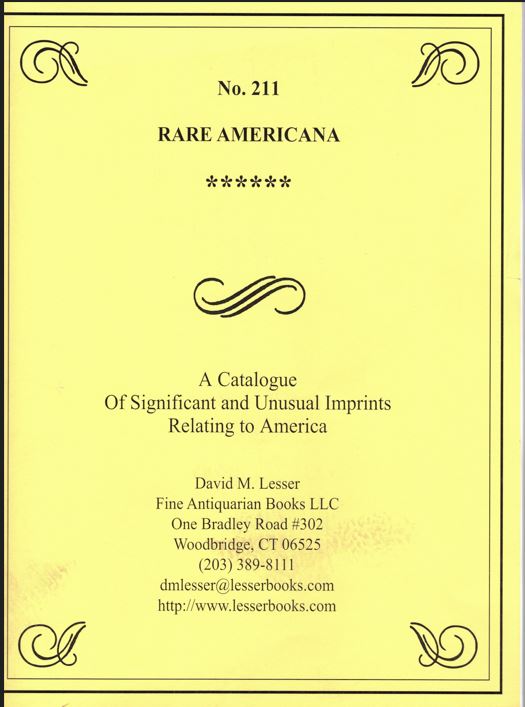
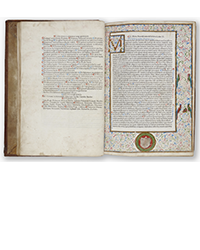
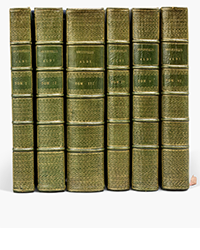


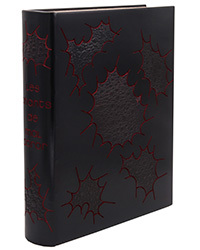
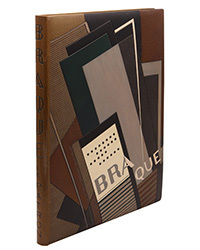
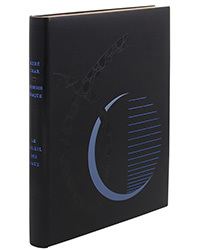

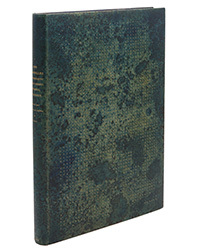
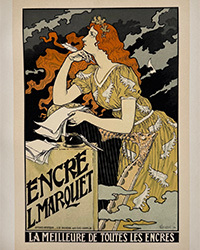
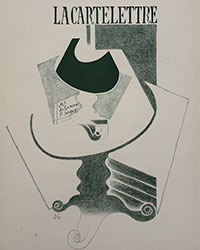

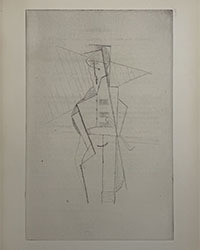
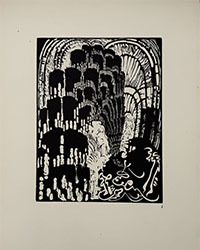
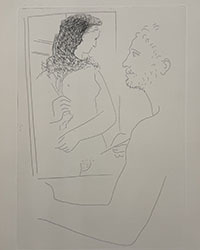

![<b>ALDE, Dec. 3:</b [PICASSO (PABLO)]. <i>Hommage à Pablo Picasso,</i> Paris, s.n., 1966. €8,000 to €10,000. <b>ALDE, Dec. 3:</b [PICASSO (PABLO)]. <i>Hommage à Pablo Picasso,</i> Paris, s.n., 1966. €8,000 to €10,000.](https://ae-files.s3.amazonaws.com/AdvertisementPhotos/f6ec5592-2bab-41b8-a105-7f0702d97750.jpg)

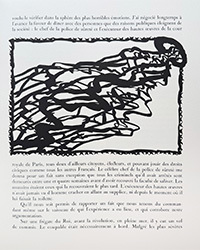


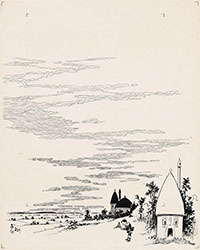

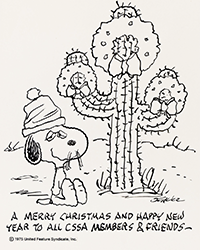
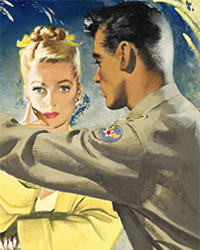
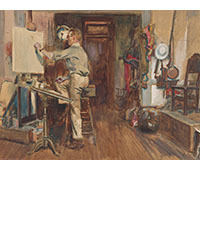
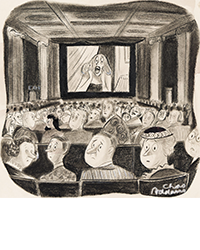
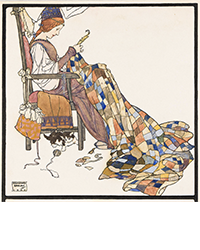
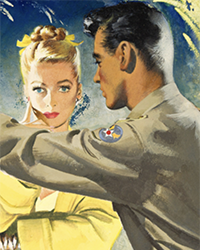
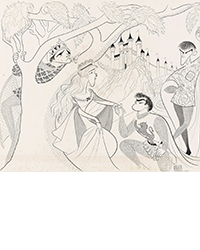
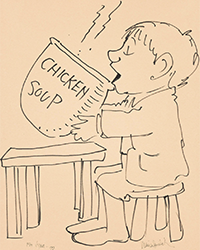
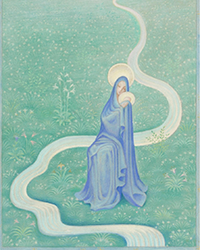
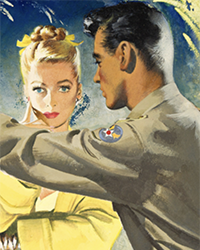
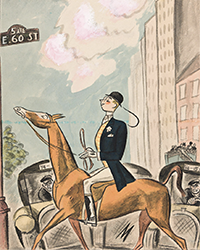

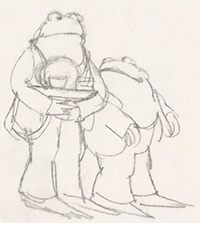

![<b>Scandinavian Art & Rare Books Auctions, Dec. 4:</b> ROALD AMUNDSEN: «Sydpolen» [ The South Pole] 1912. First edition in jackets and publisher's slip case. <b>Scandinavian Art & Rare Books Auctions, Dec. 4:</b> ROALD AMUNDSEN: «Sydpolen» [ The South Pole] 1912. First edition in jackets and publisher's slip case.](https://ae-files.s3.amazonaws.com/AdvertisementPhotos/0a99416d-9c0f-4fa3-afdd-7532ca8a2b2c.jpg)
![<b>Scandinavian Art & Rare Books Auctions, Dec. 4:</b> AMUNDSEN & NANSEN: «Fram over Polhavet» [Farthest North] 1897. AMUNDSEN's COPY! <b>Scandinavian Art & Rare Books Auctions, Dec. 4:</b> AMUNDSEN & NANSEN: «Fram over Polhavet» [Farthest North] 1897. AMUNDSEN's COPY!](https://ae-files.s3.amazonaws.com/AdvertisementPhotos/a077b4a5-0477-4c47-9847-0158cf045843.jpg)
![<b>Scandinavian Art & Rare Books Auctions, Dec. 4:</b> ERNEST SHACKLETON [ed.]: «Aurora Australis» 1908. First edition. The NORWAY COPY. <b>Scandinavian Art & Rare Books Auctions, Dec. 4:</b> ERNEST SHACKLETON [ed.]: «Aurora Australis» 1908. First edition. The NORWAY COPY.](https://ae-files.s3.amazonaws.com/AdvertisementPhotos/6363a735-e622-4d0a-852e-07cef58eccbe.jpg)

![<b>Scandinavian Art & Rare Books Auctions, Dec. 4:</b> SHACKLETON, BERNACCHI, CHERRY-GARRARD [ed.]: «The South Polar Times» I-III, 1902-1911. <b>Scandinavian Art & Rare Books Auctions, Dec. 4:</b> SHACKLETON, BERNACCHI, CHERRY-GARRARD [ed.]: «The South Polar Times» I-III, 1902-1911.](https://ae-files.s3.amazonaws.com/AdvertisementPhotos/3ee16d5b-a2ec-4c03-aeb6-aa3fcfec3a5e.jpg)

![<b>Scandinavian Art & Rare Books Auctions, Dec. 4:</b> [WILLEM BARENTSZ & HENRY HUDSON] - SAEGHMAN: «Verhael van de vier eerste schip-vaerden […]», 1663. <b>Scandinavian Art & Rare Books Auctions, Dec. 4:</b> [WILLEM BARENTSZ & HENRY HUDSON] - SAEGHMAN: «Verhael van de vier eerste schip-vaerden […]», 1663.](https://ae-files.s3.amazonaws.com/AdvertisementPhotos/d5f50485-7faa-423f-af0c-803b964dd2ba.jpg)
![<b>Scandinavian Art & Rare Books Auctions, Dec. 4:</b> TERRA NOVA EXPEDITION | LIEUTENANT HENRY ROBERTSON BOWERS: «At the South Pole.», Gelatin Silver Print. [10¾ x 15in. (27.2 x 38.1cm.) ]. <b>Scandinavian Art & Rare Books Auctions, Dec. 4:</b> TERRA NOVA EXPEDITION | LIEUTENANT HENRY ROBERTSON BOWERS: «At the South Pole.», Gelatin Silver Print. [10¾ x 15in. (27.2 x 38.1cm.) ].](https://ae-files.s3.amazonaws.com/AdvertisementPhotos/fb024365-7d7a-4510-9859-9d26b5c266cf.jpg)

![<b>Scandinavian Art & Rare Books Auctions, Dec. 4:</b> PAUL GAIMARD: «Voyage de la Commision scientific du Nord, en Scandinavie, […]», c. 1842-46. ONLY HAND COLOURED COPY KNOWN WITH TWO ORIGINAL PAINTINGS BY BIARD. <b>Scandinavian Art & Rare Books Auctions, Dec. 4:</b> PAUL GAIMARD: «Voyage de la Commision scientific du Nord, en Scandinavie, […]», c. 1842-46. ONLY HAND COLOURED COPY KNOWN WITH TWO ORIGINAL PAINTINGS BY BIARD.](https://ae-files.s3.amazonaws.com/AdvertisementPhotos/a7c0eda0-9d8b-43ac-a504-58923308d5a4.jpg)
